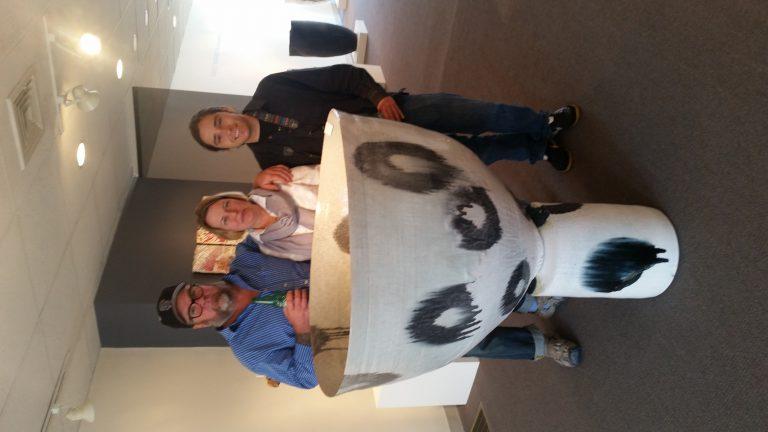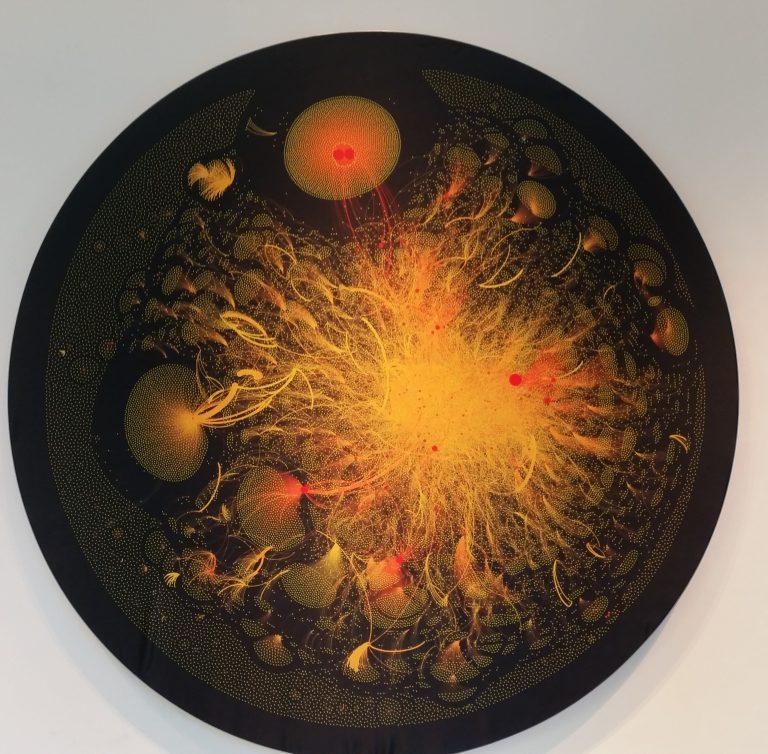Writer-photographer Anita Harris particularly liked the delicacy of Darcy Baidiali's "astonishingly large" thrown sculptural clay pots.
new cambridge observer
Writer/photographer Anita Harris says that "A Single Frame", shows that an artist never knows where a work...
Cambridge writer and photographer Anita Harris was wowed by the new exhibit of arty science images...
Cambridge writer Anita Harris much enjoyed the performance Keytar Bear, a musician, on the Kendall Square...
Commentator Christina Inge warns that proposed cuts to budgets for health and human service programs such as...
Writer and communications consultant Anita Harris asks if Bernie and Phyl's new sexualized furniture ads are a...




